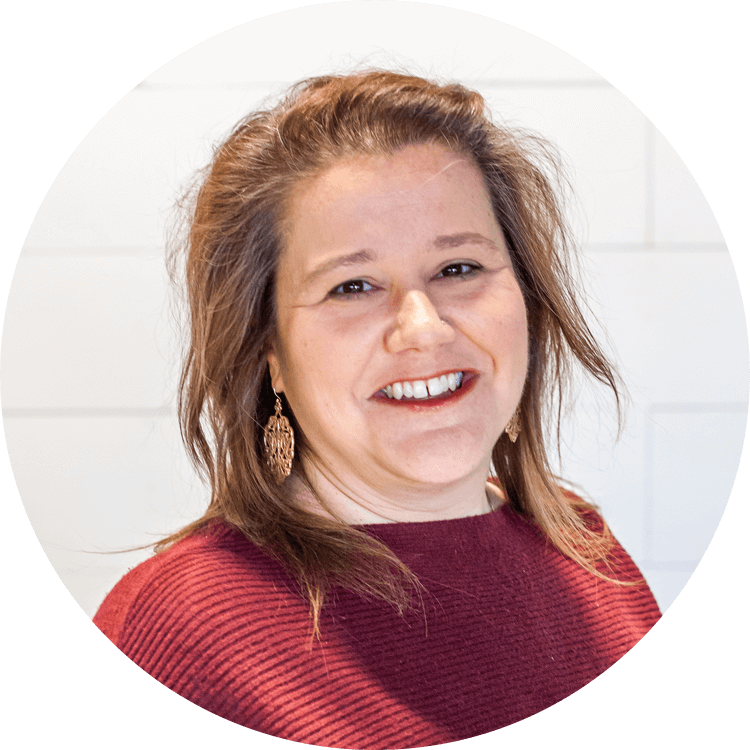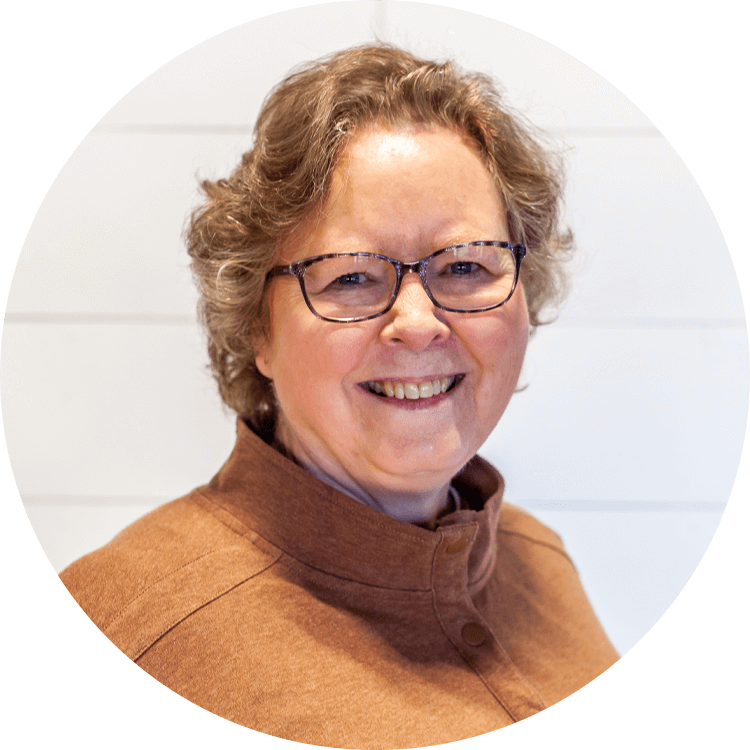You sit in your car gripping your steering wheel so tight it’s causing your knuckles to turn white. The rush of blood to your head is making it hard to see. In your throat is a knot, and you grit your teeth so fiercely you may break a tooth. You’re mad. More than that, you’re done! Done with being talked down to, done with being disregarded as knowledgable, and done with trying to advocate for your child only to be dismissed constantly.
You start to wonder: “Will anyone ever listen to me?”
The therapist won’t. The teacher won’t. The pediatrician won’t. They don’t think attachment disorders are real. They think you’re crazy for insisting that foods high in sugar, or containing food dyes, are triggers for your child’s behavior. They dismiss FASD as ADHD and hastily prescribe meds for treating it without really listening to your perspective.
You’re lost. And you’re ready to quit. Again, rest assured…we’ve been there. You’re not alone. Not even close!
Have you ever stopped to consider what successful advocacy is…and what it isn’t? Fact is, we live in a very socialized, public, short-fused world. Advocacy has taken on many different forms- some good, some bad, over the past few years, in particular. But when it comes to our kiddos, and advocating for them to professionals, there are some things you must do, and some things you need to pay closer attention to.
This will be a process. When it comes to this journey, here’s what advocating looks like…
- Advocating is listening first. We live this all the time. We’re immersed in our child’s trauma 24-7 and it’s hard to see outside of it. When asked, we’re a library of information, perspective, and facts on our child’s condition. We can spew it out quicker than a fire hydrant. But that’s not where advocating begins. It begins with listening first. There’s a time to speak, but when you can take a position of listening, you’ll end up receiving lots of airtime to talk later on. Understand, however, that listening first is not just a move to get you airtime. It’s a move to gain understanding of the other party involved. It’s an opportunity to discover where your child’s teacher, pediatrician, counselor, or coach is coming from? What they know or want to know? It’s a chance to advocate in a way that appeals to the other person’s perspective. It lets them know they are important because, well, they are. Remember, they are playing a role in your child’s life in some fashion so you want to build a bridge to them.Plus, it opens up channels for you to share valuable information about your child, and your child’s disorder. Ask yourself, “What do I need the doctor to know? What do I need the teacher to know?” And remember this- you’re not going to appeal to the doctor the same way you appeal to the teacher. Likewise, the guidance counselor will be different from the therapist, and so on and so forth…
- Advocating is paying attention to your countenance. It’s a common tale, especially with IEP meetings- “Mama’s tired, mama’s been pushed to the brink, child has major attachment issues from being bounced from foster home to foster home before being adopted, teacher is misunderstanding, guidance counselor is disagreeable, principal is missing the point, so mama comes into the meeting guns blazin in an effort to get through to them.” Guess what? It doesn’t work. Teacher, guidance counselor, and principal thinks mama’s cray cray, and rightfully so. She’s acting cray cray. She’s not, however. She’s actually a mama, who loves her kid, and wants to advocate for him to the best of her ability. But all of that got lost by the way she came into the meeting. Funny thing about this approach…when crazy is presented, crazy is all that’s captured. And you can bet your bottom dollar that you’re the topic of break room conversation! In fact, 95% of what is unheard is a direct result of the way it’s presented. Take that to the bank. But more importantly, pay attention to your countenance, and your attitude when you’re trying to advocate!
95% of what is unheard is a direct result of the way it’s presented. - Advocating is presenting facts over opinion. Don’t get me wrong…your opinion matters. It really matters. You have lots and lots of skin in this game. But opinion degrades facts when it comes to things like Fetal Alcohol Spectrum Disorder, or Reactive Attachment Disorder. I love my kid, but my kid can be a manipulative ginormous turd sometimes. His obsessive compulsivity, lack of social awareness, and incessant talking can drive a Baptist to drink. Not entirely his fault. He often speaks and behaves out of his trauma. His brain was damaged by alcohol before he was born and it has caused him to act and speak in certain ways. That’s a fact. And if I want to communicate this fact, I need to approach his teacher, his coach, a pediatrician, a therapist with THESE facts first. When the time is right, or when I’m asked honestly, I can share my opinion.
- Advocating is approaching professionals with a partner-mentality. It’s simple, my friends- if you view people as the enemy, they’re going to be the enemy. If the case manager is “just out to make life hell,” then she’s out to make life hell. If the therapist “just thinks you’re an idiot and isn’t listening,” then she just thinks you’re an idiot and isn’t listening. Now, you may encounter pros who do stuff like this. Lord knows, we have. But, your first approach should always be to form a partnership. That should be your focus. The Bible says it like this- “As far as it depends on you, live at peace with everyone.” Those words are gold. Approach the pediatrician, teacher, principal, therapist, with a partner-mentality. If you’ve exhausted the “as far as it depends on you” part of that verse, then end your relationship and find someone else. There are 7 billion people on this spinning rock. A great percentage of them have the skill set you’re looking for and your child needs. But remember, partner-mentality first.
Advocating takes time. It’s not like you bring your child home, and the next day you’re surrounded by professionals who get you and this journey. You may have one or two, but rarely do you have a full-blown team overnight. It takes time, patience, a willingness to understand other’s perspective, and thoroughly learn so you can advocate for your child successfully. That’s why we say it’s a journey, and not a destination.
Have you run into a brick wall when it comes to advocating for your child? Share your story with us in the comment section below.









